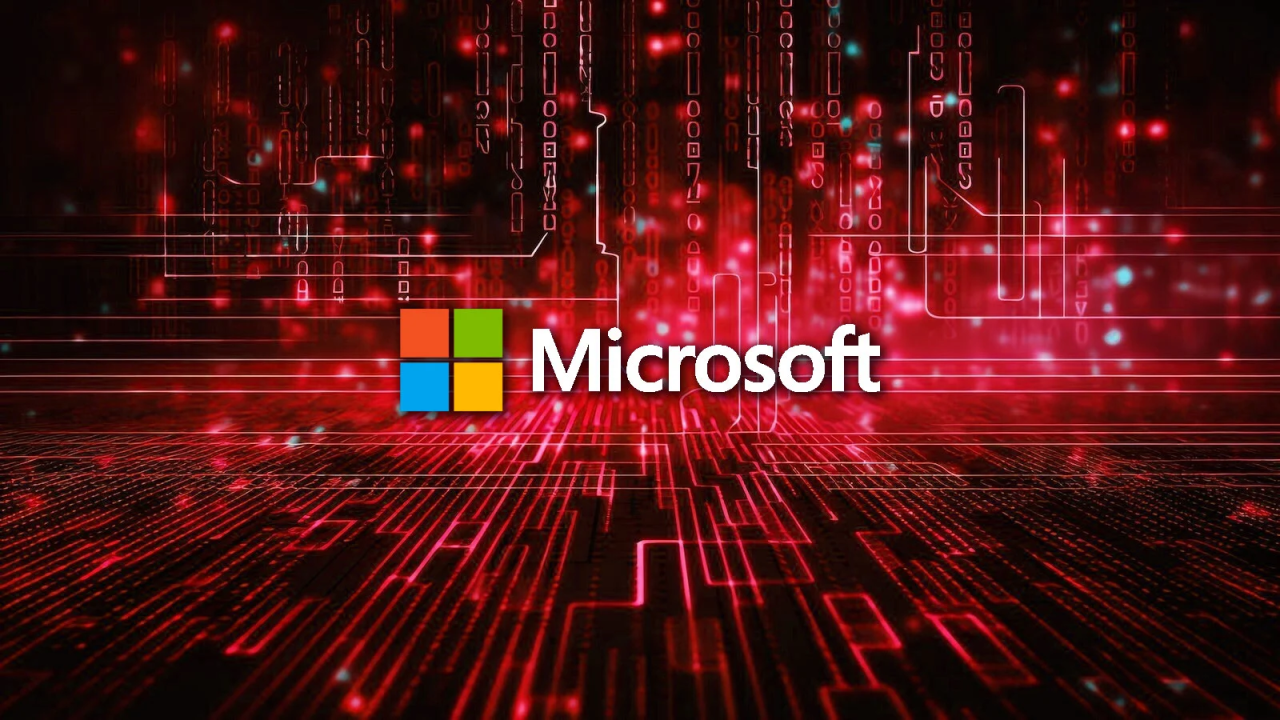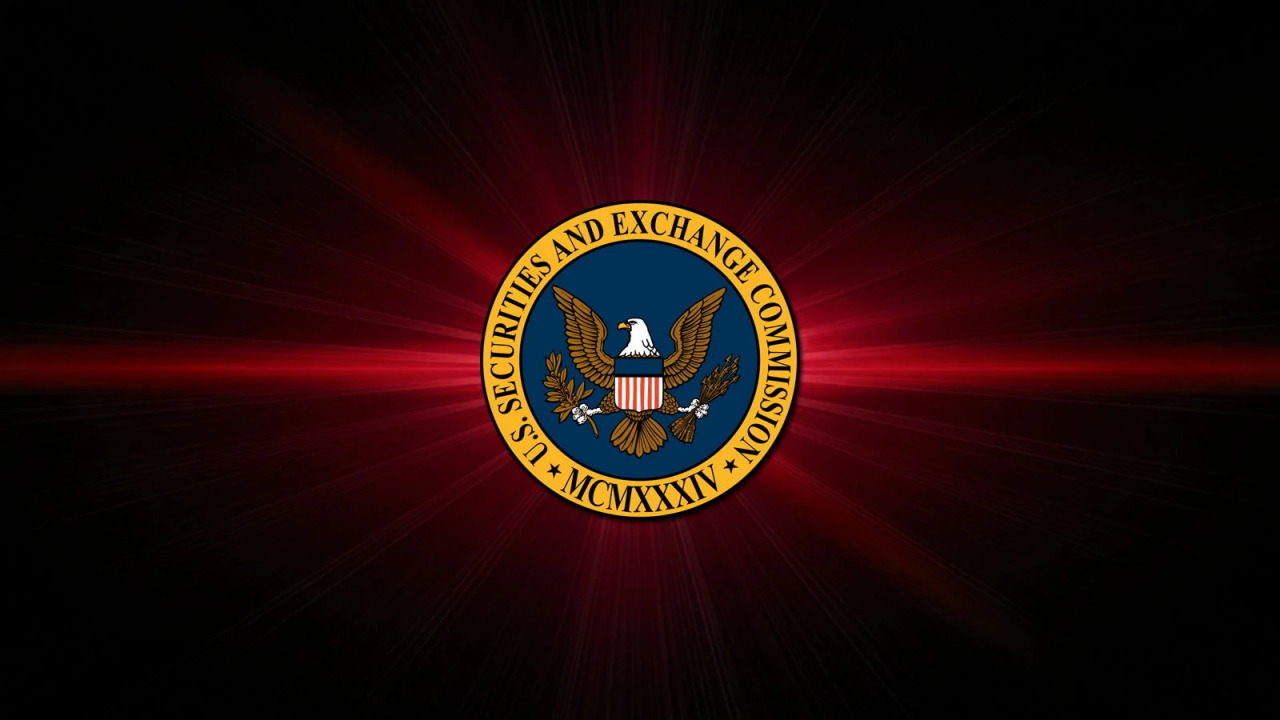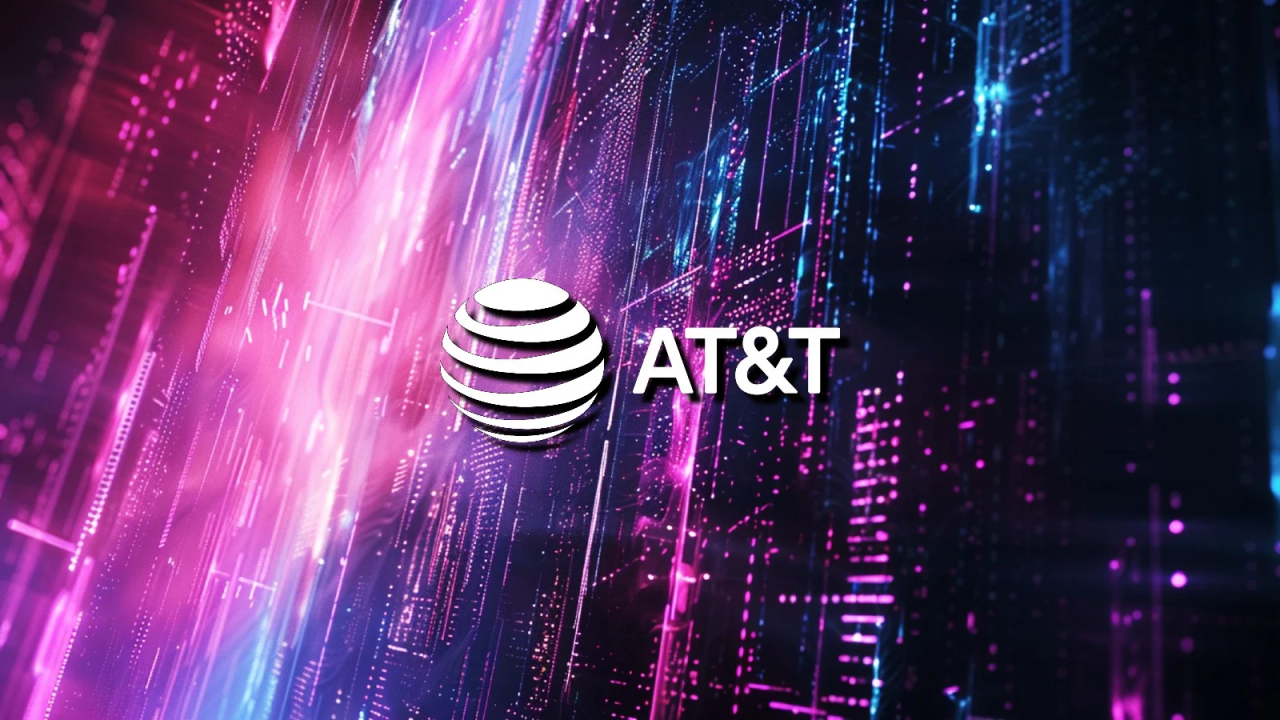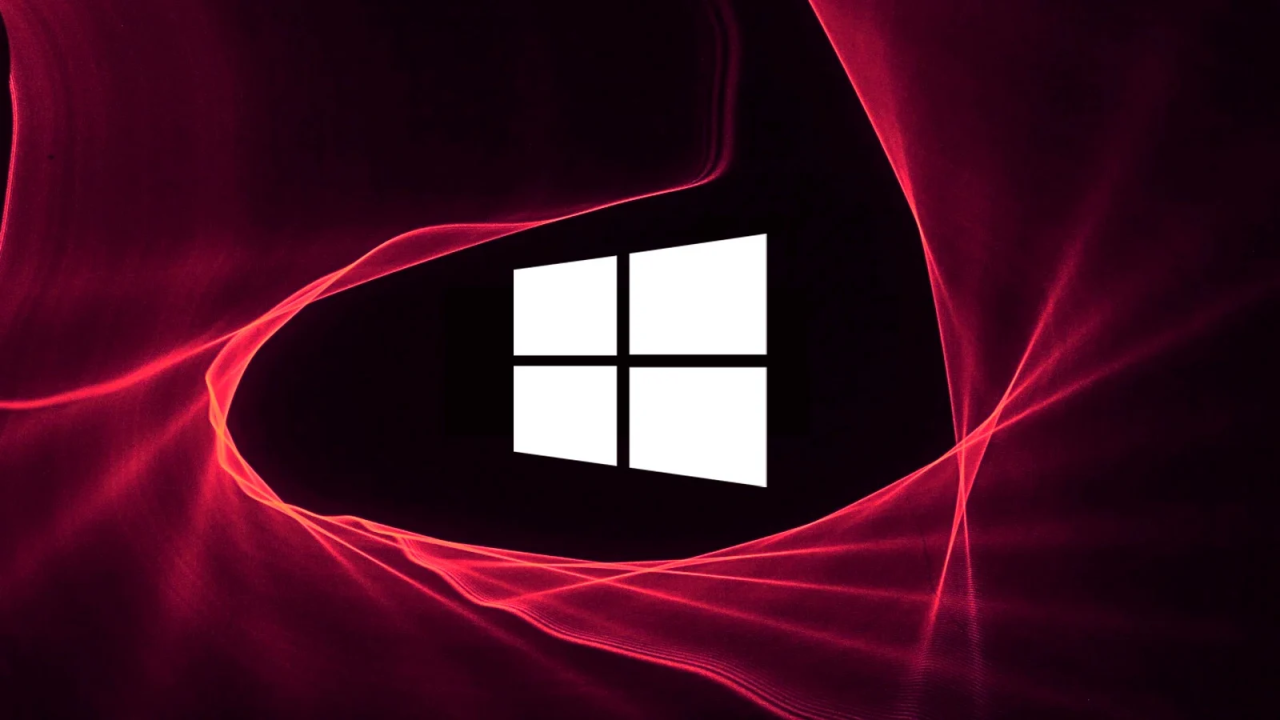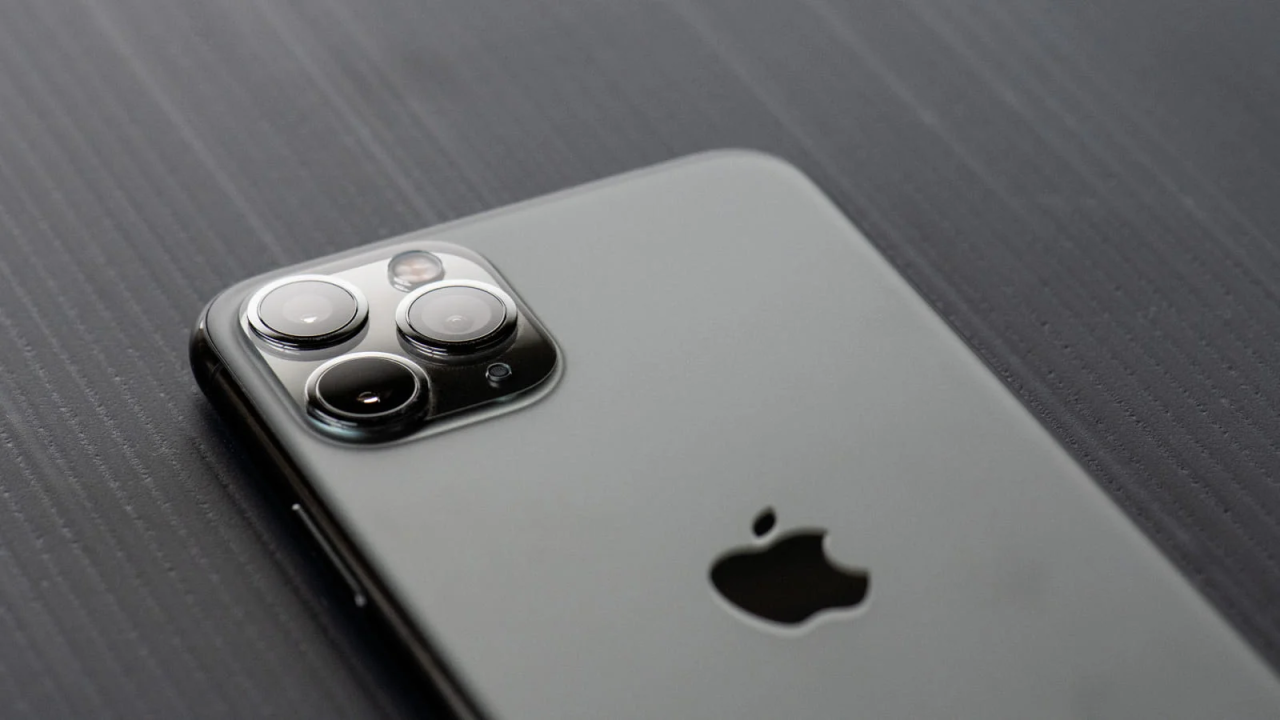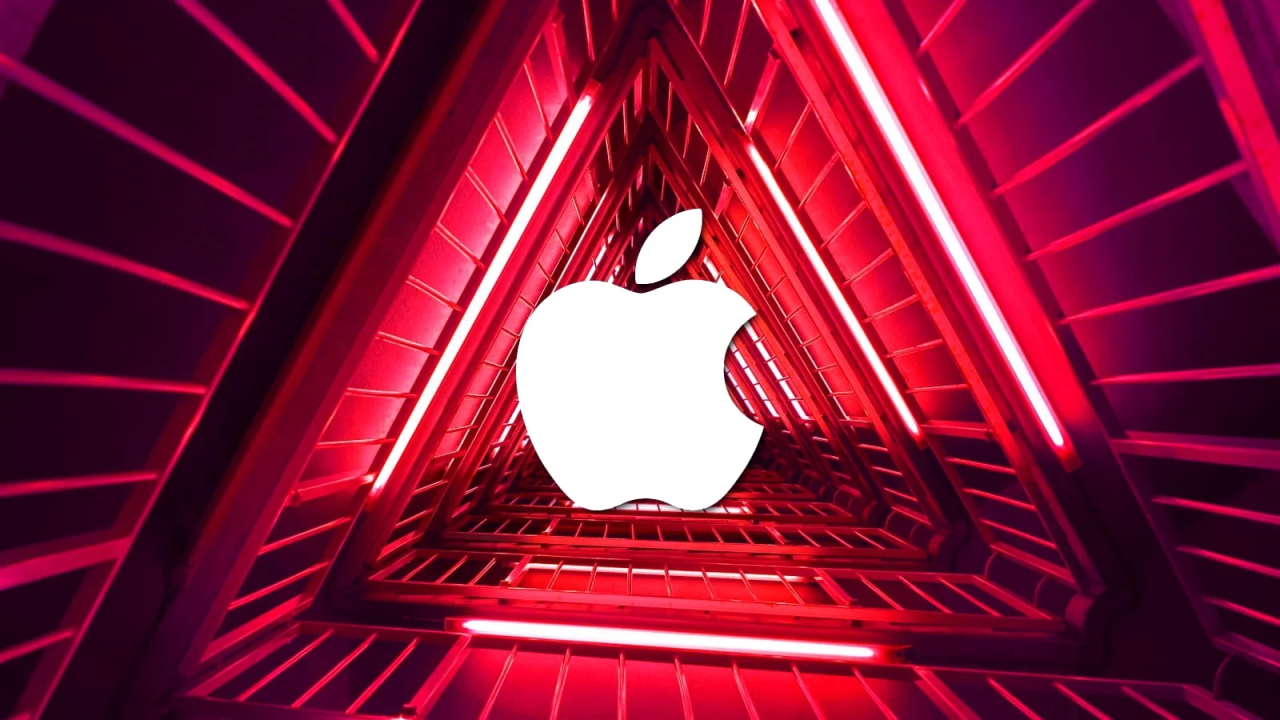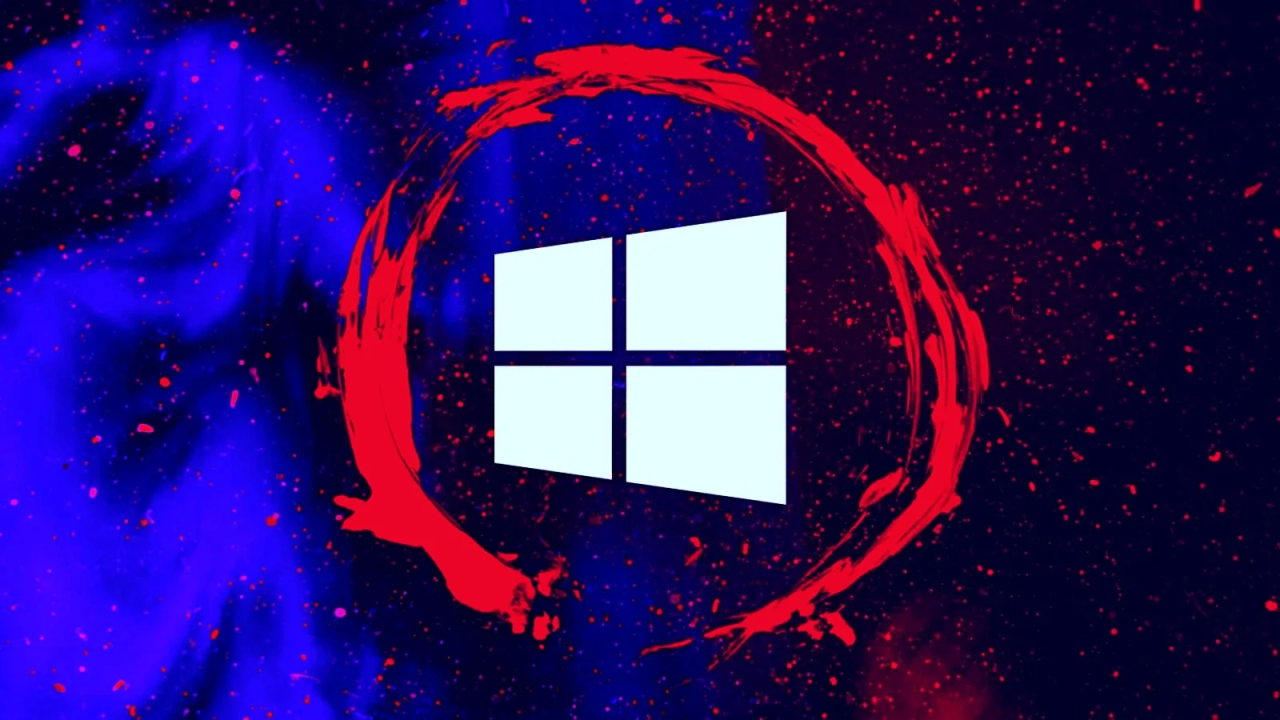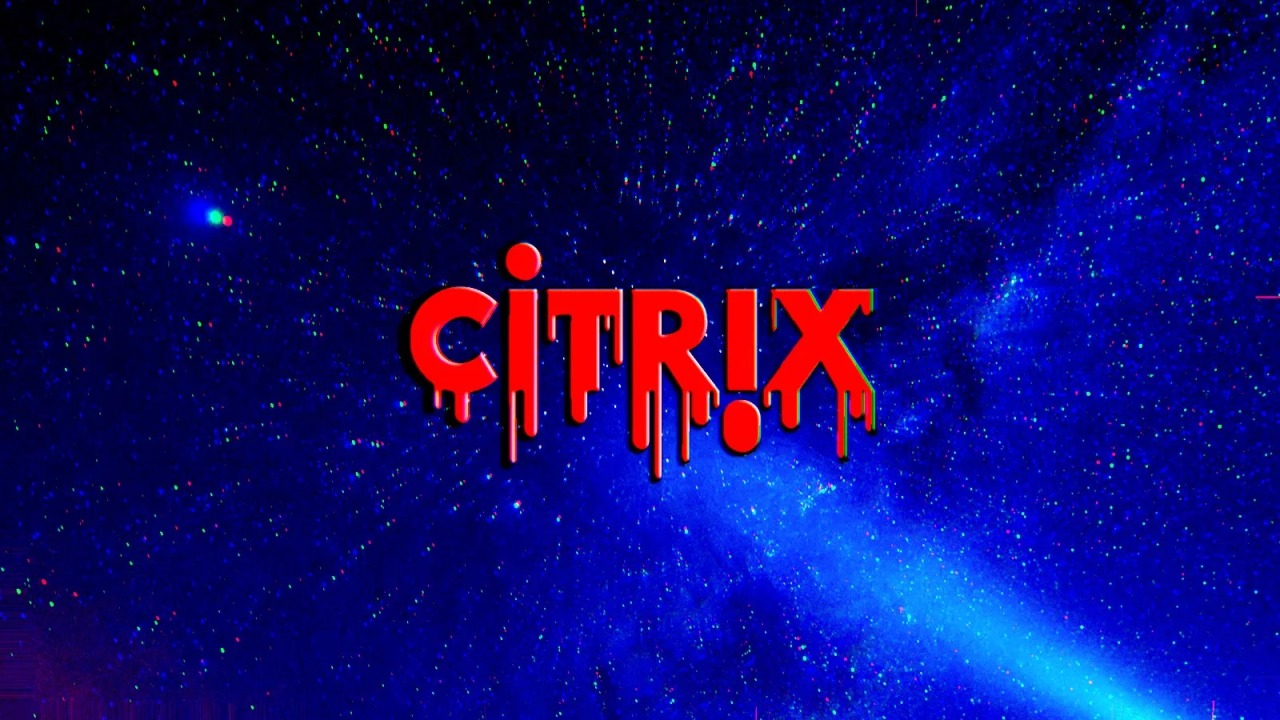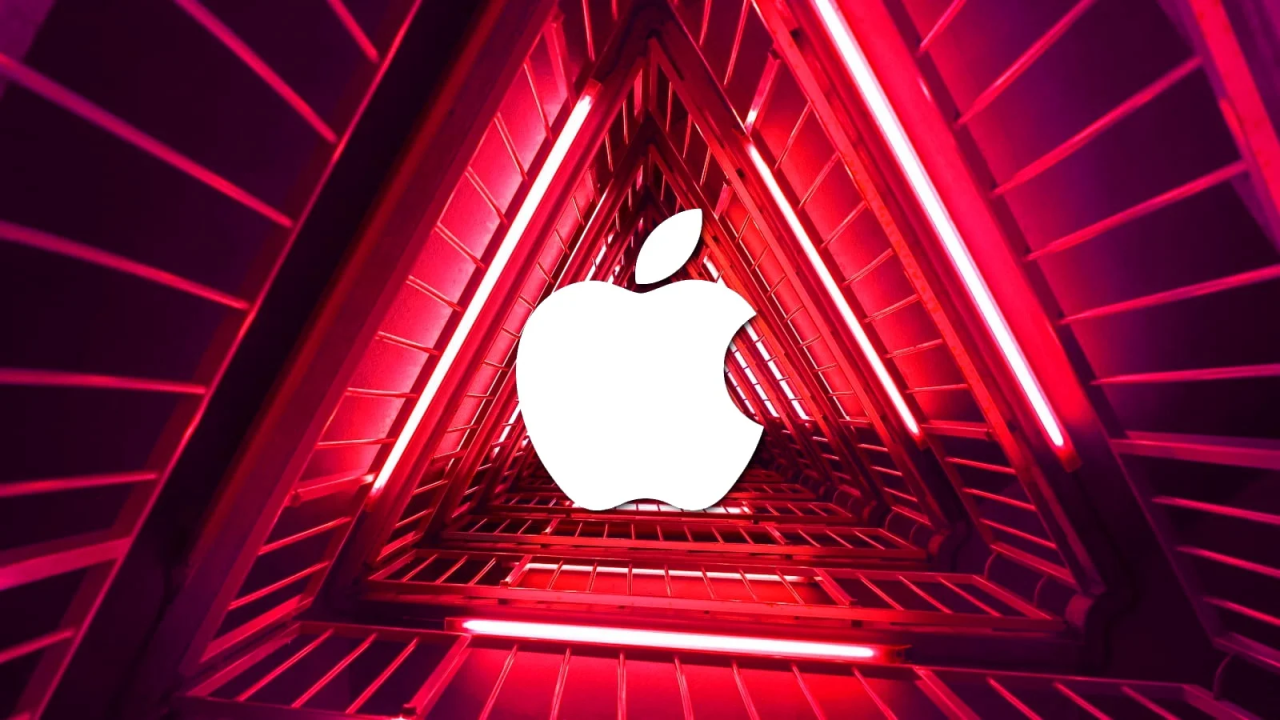The Canadian government has ordered the dissolution of TikTok Technology Canada following a multi-step review that provided information and evidence of the social media company posing a national risk.
Google's cloud division has announced that it will enforce mandatory multi-factor authentication (MFA) for all users by the end of 2025 as part of its efforts to improve account security.
Microsoft is warning enterprise customers that, for almost a month, a bug caused critical logs to be partially lost, putting at risk companies that rely on this data to detect unauthorized activity.
European digital rights group NOYB (None Of Your Business) has filed a privacy complaint with the Austrian data protection watchdog (DSB) against Mozilla, alleging the company uses a Firefox privacy feature (enabled without consent) to track users' online behavior.
The Treasury Department's Office of Foreign Assets Control (OFAC) has sanctioned twelve Kaspersky Lab executives for operating in the technology sector of Russia.
The Securities and Exchange Commission (SEC) has adopted amendments to Regulation S-P that require certain financial institutions to disclose data breach incidents to impacted individuals within 30 days of discovery.
The Norwegian National Cyber Security Centre (NCSC) recommends replacing SSLVPN/WebVPN solutions with alternatives due to the repeated exploitation of related vulnerabilities in edge network devices to breach corporate networks.
The Federal Trade Commission (FTC) is sending out $6,300,000 in partial refunds to 267,000 former AT&T Wireless customers as part of a data throttling settlement in 2019.
U.S. President Joe Biden has signed an executive order that aims to ban the bulk sale and transfer of Americans' private data to "countries of concern" such as China, Russia, Iran, North Korea, Cuba, and Venezuela.
The U.S. Federal Trade Commission (FTC) sued tax preparation giant H&R Block over the company's deceptive "free" online filing advertising and for pressuring people into overpaying for its services.
Microsoft claims to have fixed Windows Metadata connection issues which continue to plague customers, causing problems for users trying to manage their printers and other hardware.
Numerous iOS apps are using background processes triggered by push notifications to collect user data about devices, potentially allowing the creation of fingerprinting profiles used for tracking.
Google Pixel smartphone owners report problems after installing the January 2024 Google Play system update, being unable to access their devices internal storage, open the camera, take screenshots, or even open apps.
Steam is no longer supported on Windows 7, Windows 8, and Windows 8.1 as of January 1, with the company recommending users upgrade to a newer operating system.
The Operation Triangulation spyware attacks targeting iPhone devices since 2019 leveraged undocumented features in Apple chips to bypass hardware-based security protections.
Today, the U.S. Cybersecurity and Infrastructure Security Agency (CISA) urged technology manufacturers to stop providing software and devices with default passwords.
Microsoft says that all Windows 10 customers (including home users) will be able to pay for three extra years of security updates through the company's Extended Security Updates (ESU) program after the end of support (EOS) date.
The U.S. Department of Health and Human Services (HHS) warned hospitals this week to patch the critical 'Citrix Bleed' Netscaler vulnerability actively exploited in attacks.
Apple released emergency security updates to fix two zero-day vulnerabilities exploited in attacks and impacting iPhone, iPad, and Mac devices, reaching 20 zero-days patched since the start of the year.
Security researchers bypassed Windows Hello fingerprint authentication on Dell Inspiron, Lenovo ThinkPad, and Microsoft Surface Pro X laptops in attacks exploiting security flaws found in the embedded fingerprint sensors.



